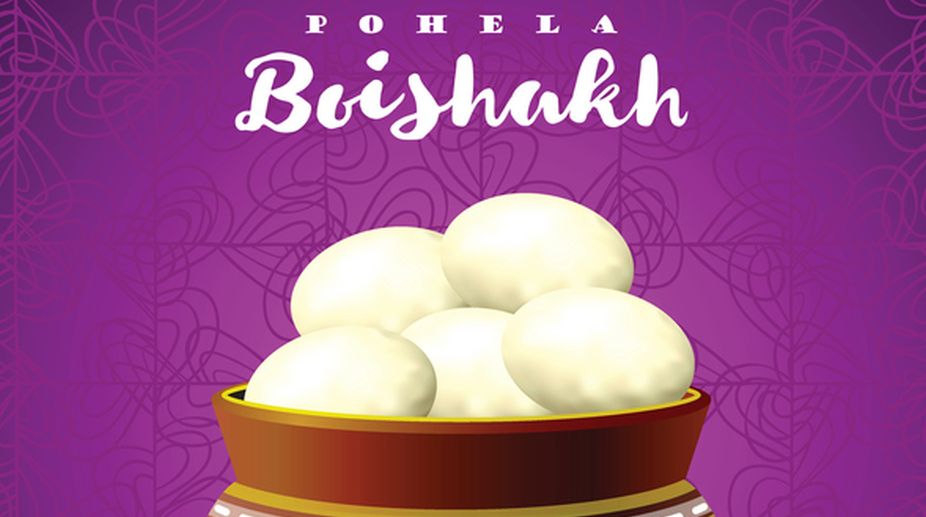Cold storage association demands storage rent rise from govt
West Bengal Cold Storage Association held their 60th annual general meeting on Wednesday.

West Bengal on Saturday ushered in "Poila Baisakh" or the Bengali New Year with traditional fervour.
Devout Bengalis visited the Kalighat and Dakshineshwar temples and offered flowers and traditional sweets (sandesh) to the goddess.
Advertisement
Dressed in new clothes, the hallmark of the new year festivities in this part of the country, revellers, cutting across religious barriers, celebrated the day with family and friends. People greeted each other by saying "shubho naba barsho" (happy new year).
Advertisement
It is a time when many family members fly back to Bengal from across the world to be with their near and dear ones.
West Bengal Chief Minister Mamata Banerjee extended her greetings as she visited the Kalighat temple and distributed sweets.
Kolkata Knight Riders skipper Gautam Gambhir, whose team is set to take on Sunrisers Hyderabad at the Eden Gardens in the afternoon, also extended new year wishes to the fans.
"A very happy Bengali new year to all of you. Hopefully @KKRiders can present you with a win today as new year's gift," Gambhir tweeted.
With the day also marking the start of a new financial year, shopkeepers and businessmen observed the "haal khata" ceremony — closing their old account books and opening new ones.
The Bangabda or the Bengali calendar was promulgated in 1584 A.D. by Mughal emperor Akbar.
Initially known as the "Tarikh-e-Elahi", the purpose of the calendar was to glorify Akbar's ascent to the throne along with facilitating revenue collection.
Cashing in on the fervour, eateries across the city and the state have laid out lavish spreads of authentic Bengali cuisine, including mochar chop (plantain flower cutlet), kumro phul bhaaja (pumpkin flower fritters), daab chingri (jumbo prawn in tender coconut) and a variety of lip-smacking traditional desserts like mishti doi (sweet yoghurt).
Sugar-free sandesh flew off the shelves at iconic confectioners such as Balaram Mullick and KC Das, the latter claimant to being the inventors of rasogolla.
Smiling traders welcomed customers with sweets and new Bengali calendars, as people went on a shopping spree.
Advertisement